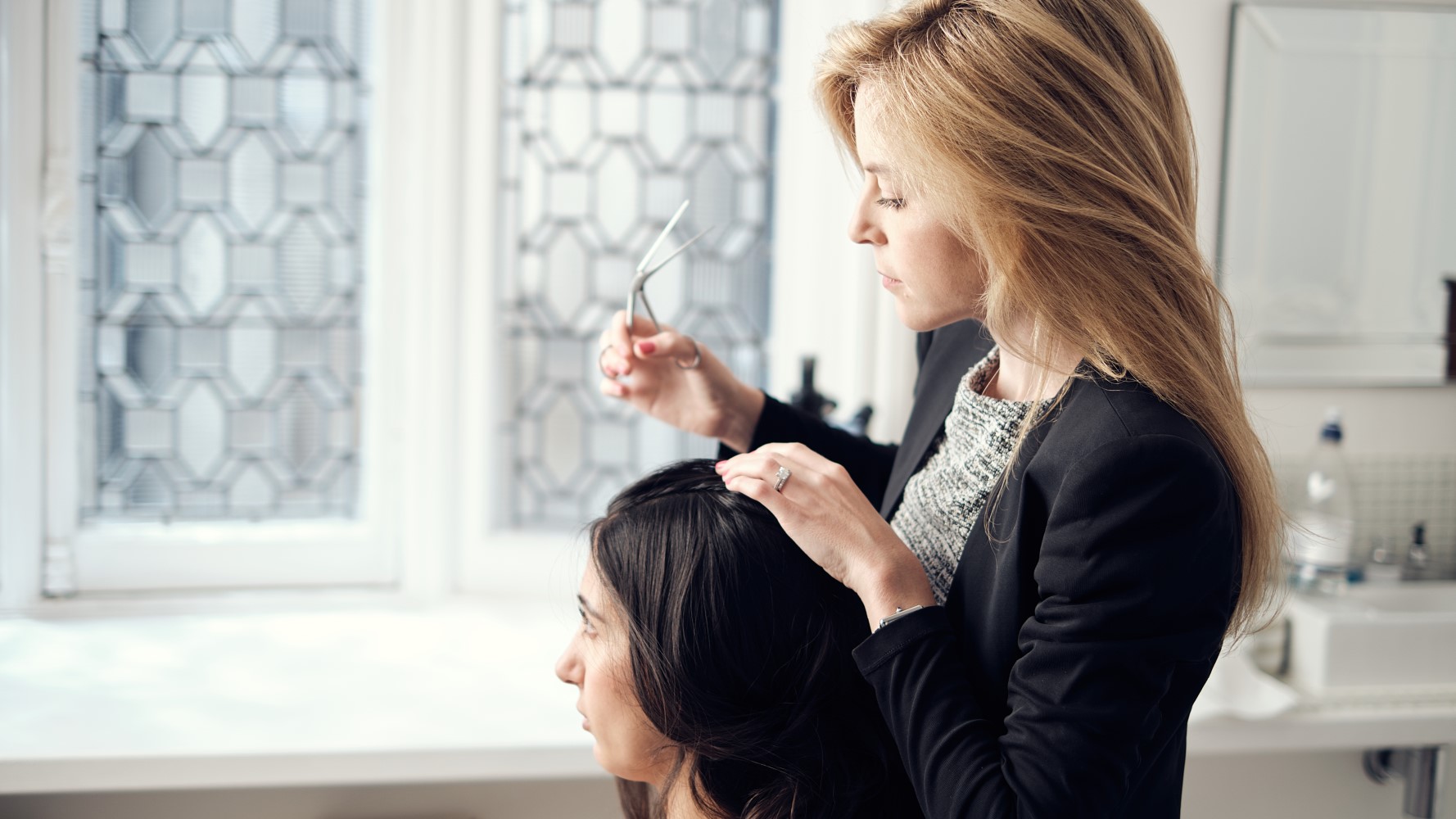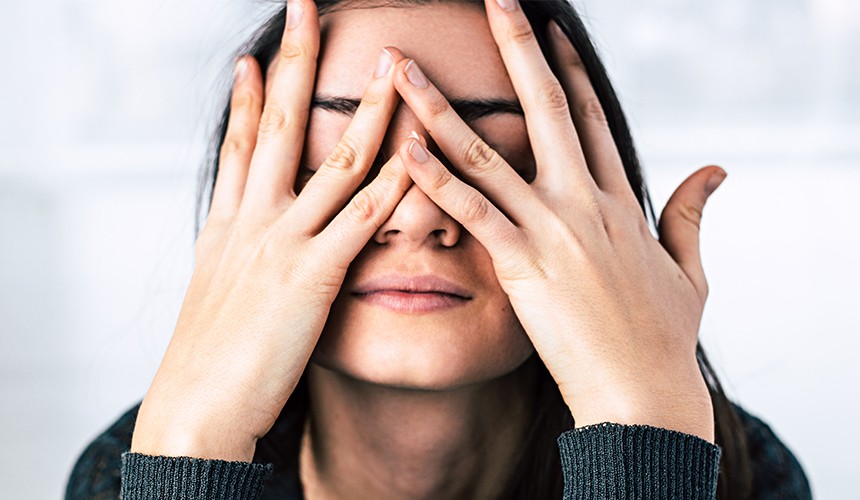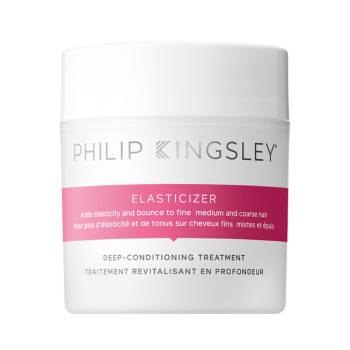We all know that stress is bad for us. What you may not know is that it is particularly bad for your hair and scalp. If your hair starts to shed, or if your scalp flares up with oily, flaky skin, you often need look no further for a culprit than elevated levels of stress or anxiety.
So, what exactly is going on in your hair and on your scalp when your stress levels spike? And how can our experts at Philip Kingsley help? Read on to find out more...
What is stress?
Stress is a normal part of life: it is the body's reaction to change that requires us to make an adjustment or response. So, stress is not necessarily bad – after all, it helps us to take action and get things done – but too much of it can cause problems, especially for your hair and scalp.
Why does stress affect your hair and scalp?
Stress can affect your hair and scalp for many different reasons:
First, stress can impact your hormone levels. When we are stressed, our adrenal glands pump out cortisol (known as the stress hormone) and adrenaline – which in turn, can raise your testosterone levels. If you have a genetic predisposition to follicle sensitivity this can eventually cause your hair to start thinning.
Second, an increase in stress can make your scalp produce more oil. This may disrupt your scalp's microflora balance, which often causes flaking and itching. (This is the same physiological reaction that can cause your skin to break out when you are stressed.) Many people find that dandruff symptoms become more of a problem when they are under stress.
Third, stress can reduce your body's ability to digest the foods you eat and absorb nutrients. Also, when you are stressed, you may not eat as well as you normally would. For example, you might skip meals or opt for foods with less nutritional value. Unfortunately for your strands, nutritional deficiencies often show up first in the form of hair shedding.
Finally, stress has a direct impact on your immune system, lowering your body's natural defences and leaving you susceptible to tiredness and illness. When your body is under this strain, it will divert extra energy and nutrients to your vital organs, and your hair will be the last thing it prioritises.
What can you do to help keep stress at bay?
There are many ways to manage stress, and it's important to work out what is best for you and your schedule. At our Clinics, we often recommend the following stress-management techniques:
- yoga
- pilates
- mindfulness exercises or apps
- meditation
- qigong
- mild to moderate intensity exercise, such as swimming, jogging or brisk walking
- CBT (Cognitive Behavioural Therapy)
- setting aside 'me' time – that is, time to read a book or listen to music
How can Philip Kingsley Trichology help with stress-related hair and scalp issues?
At Philip Kingsley, we have always taken a holistic approach to hair care. One of our core values is that general wellness is key to improving hair health, strength and growth.
In our Clinics, during a Philip Kingsley Consultation, our Trichologists look at all aspects of your lifestyle, in order to diagnose what might be causing your hair and scalp issues. If we feel that stress is a factor, we will suggest stress-management techniques. We also recommend a signature Philip Kingsley Hair Spa Treatment as an excellent way to help ease tension.
For at-home care, our expert Trichologists have created products that help with hair and scalp issues typically caused by stress. For example, our Flaky Itchy Scalp range instantly soothes stressed-out, irritated scalps. And our award-winning Elasticizer is specially designed to promote a mood of relaxation and calm.
Tip from Trichologist Anabel Kingsley: 'When I'm feeling stressed or overwhelmed at the end of the working week, I like to set aside some 'me' time. One of my favourite relaxing activities is to apply our Rose & Lychee Elasticizer, then read a book or watch a boxset with a warming cup of tea while it nourishes my strands.'
If you would like to talk to someone about hair loss or scalp issues, please contact us about booking an appointment at the Philip Kingsley Trichological Clinic.







